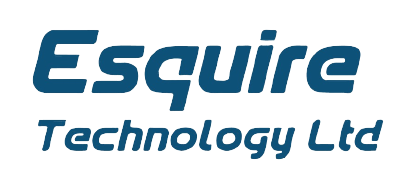- [email protected]
- Tejgaon I/A, Esquire Tower, Dhaka-1208
FPMS

Brief of Publication
A production module software is a comprehensive tool designed to streamline and optimize manufacturing processes within an organization. It typically offers functionalities for planning, scheduling, monitoring, and managing production activities from raw material procurement to finished product delivery. Key features often include:
-
Production Planning: This involves creating schedules, allocating resources, and setting timelines for various production tasks to meet demand while minimizing costs.
-
Inventory Management: Tracking and managing inventory levels of raw materials, work-in-progress, and finished goods to ensure optimal stock levels and minimize wastage.
-
Resource Allocation: Assigning machinery, equipment, and manpower efficiently to maximize productivity and minimize downtime.
-
Quality Control: Implementing quality checks and assurance measures throughout the production process to maintain consistency and meet quality standards.
-
Real-time Monitoring: Providing real-time visibility into production processes, allowing managers to track progress, identify bottlenecks, and make timely adjustments.
-
Workflow Automation: Automating repetitive tasks and workflows to improve efficiency and reduce human error.
-
Reporting and Analytics: Generating reports and analyzing data to gain insights into production performance, identify trends, and make informed decisions for process improvement.
-
Integration: Seamless integration with other systems such as ERP (Enterprise Resource Planning), CRM (Customer Relationship Management), and MES (Manufacturing Execution Systems) for smooth data flow and communication across departments.
Overall, a production module software aims to enhance operational efficiency, reduce production costs, improve product quality, and ultimately contribute to the overall success of the manufacturing enterprise.

